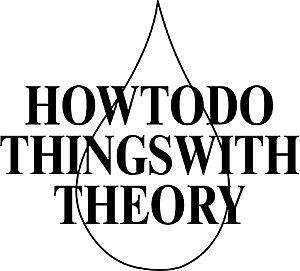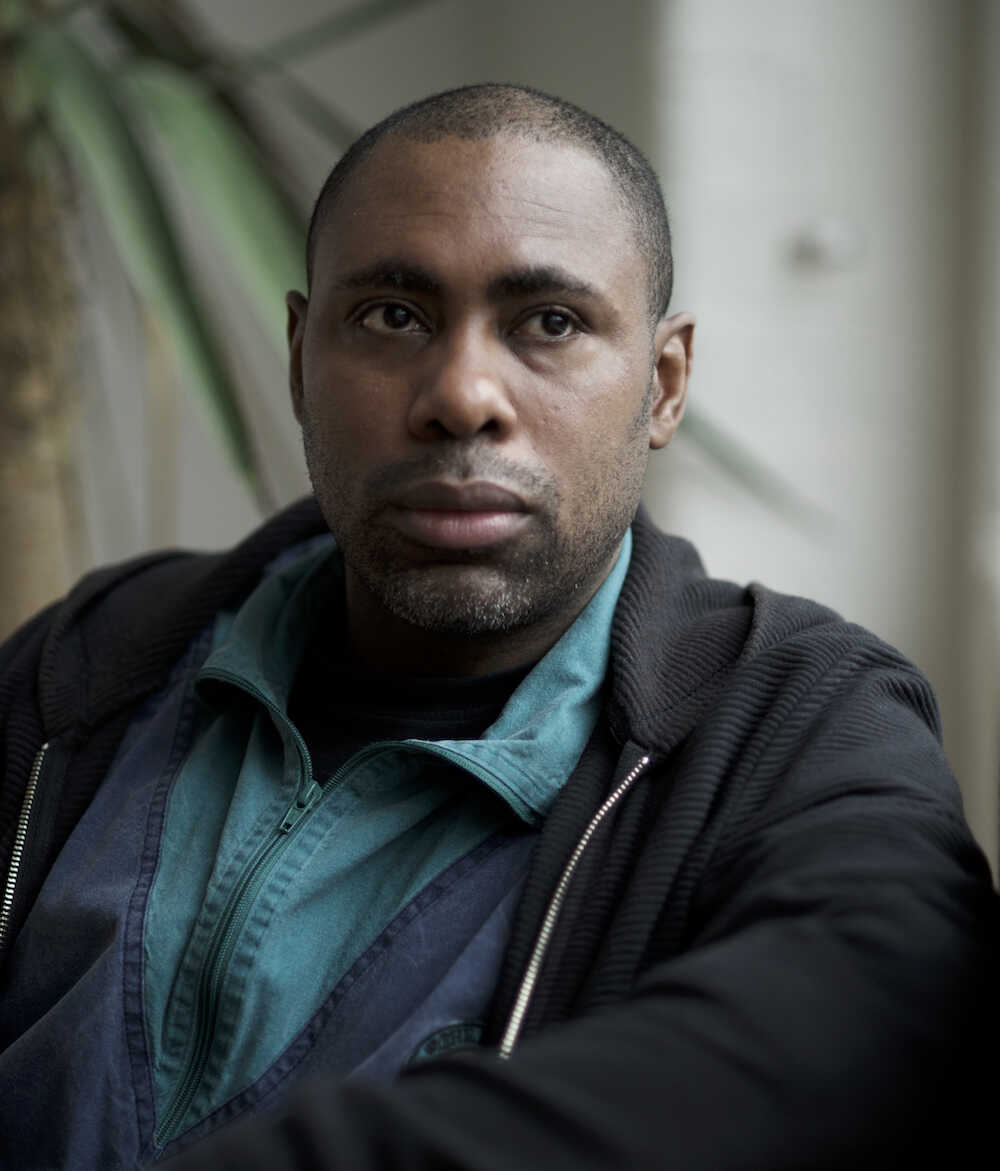Harun Morrison: How Does The City Speak on Lockdown?
Thesis advisor: Ghalya Saadawi
Thesis: How Does The City Speak on Lockdown?
June 2021
Abstract
This thesis explores the notion of a city speaking and how this speech is altered by shifting spatial-temporal conditions. I use ecological and post-Marxist theory, urban studies, sociology, environmental legal theory, and diaristic observation to do this. I focus on Saskia Sassen’s 2013 essay ‘Does the City Have Speech?’ (which argues the city has the capacity to respond systematically to operations within it to protect cityness-of-the-city) to elaborate how the city speaks in the context of the Covid-19 lockdowns 2020-21.
I do this by replicating aspects of virus behaviour in relation to Sassen’s text. Through this method, the 2013 text is treated as a body, reproducing and mutating Sassen’s own approaches which she refers to as ‘analytic tactics’, to produce lockdown-specific examples of the city ‘speaking’. These examples examine the presence of animals in cities, the role of virtual gatherings in relation to public space, and the significance of prefabricated emergency architecture.
Building on Sassen’s premise, I argue that the notion of the city speaking is not constant or homogeneous, and sites I label ‘temporally-indeterminate-landscapes’ (such as inner city waterways, open spaces like the Wanstead Flats, and online multiplayer role-playing games) are key indicators and focal points through which to consider the city’s speech in states of emergency. At the same time, the growth of virtual spaces and of platform capitalism as a whole complicates how and from where the city speaks, generating lacunae which obscure the legibility of this speech.
I conclude with how listening to the city’s speech (and recognising what we cannot hear) can inform current debates on the redesign of cities, particularly London. I argue for an inclusive city that acknowledges the data and time-needs of its minoritised communities (not solely those of income and housing) and reprioritises its other-than-human inhabitants. This requires a distinction between an ecosophical city as opposed to the proposition of a ‘Green City’, which has resurged as a post-Covid, economic stimulus option from the liberal centre and other quarters.
Author Harun Morisson


